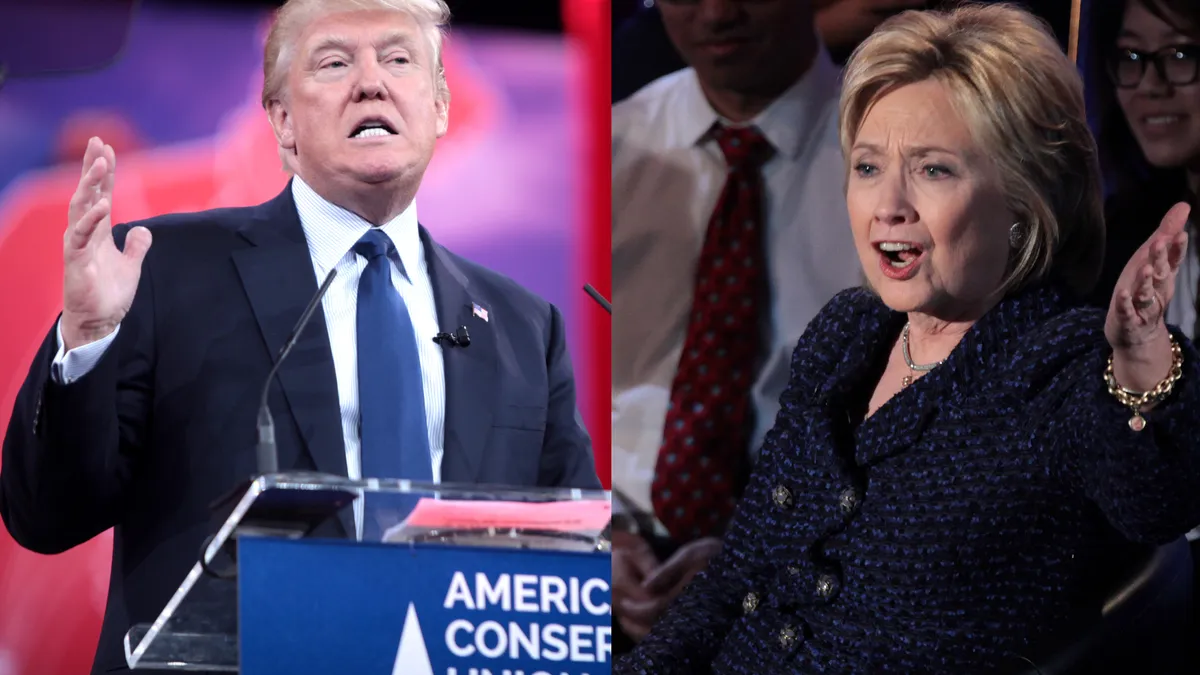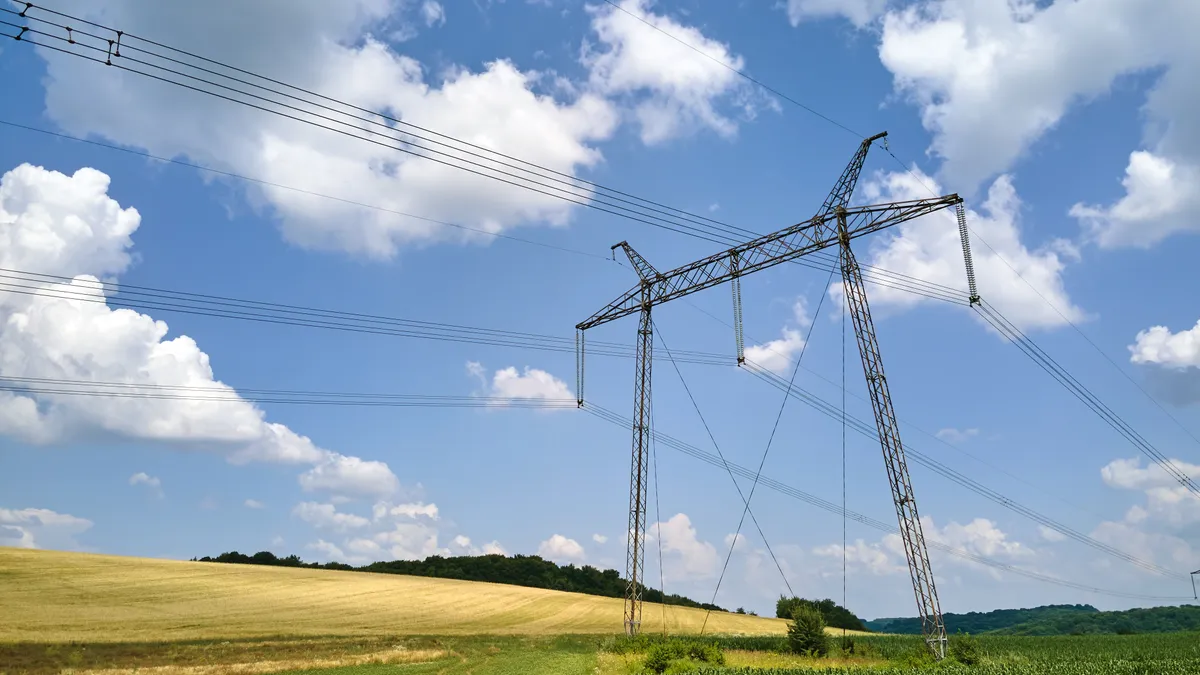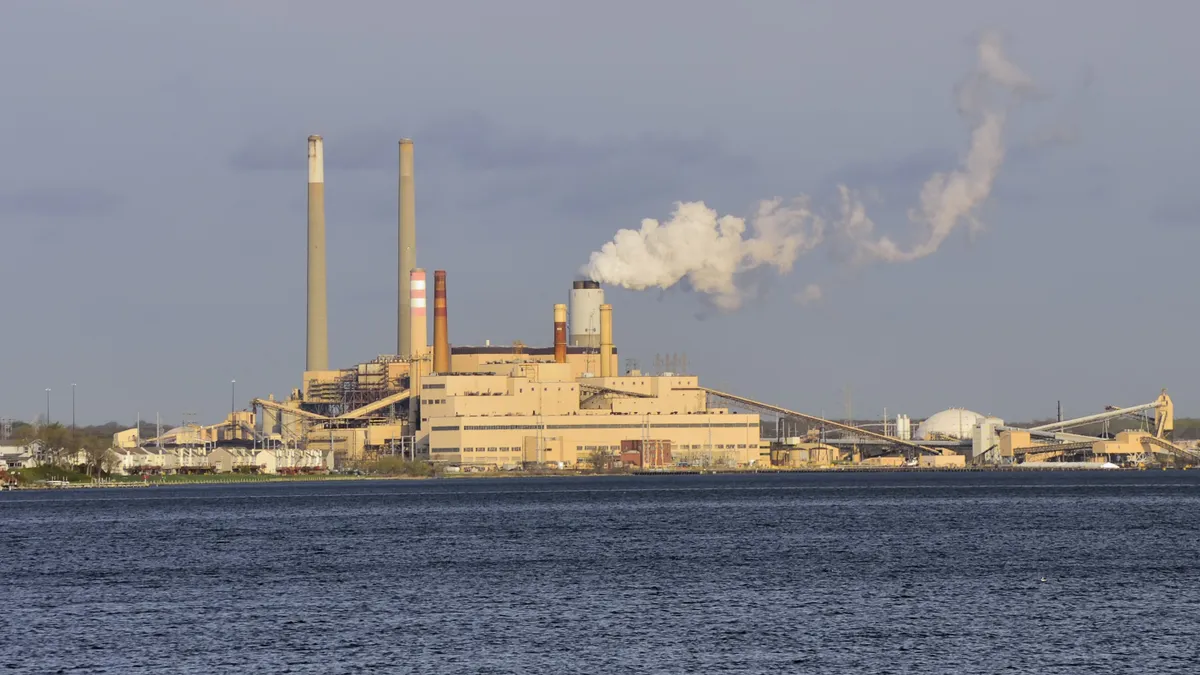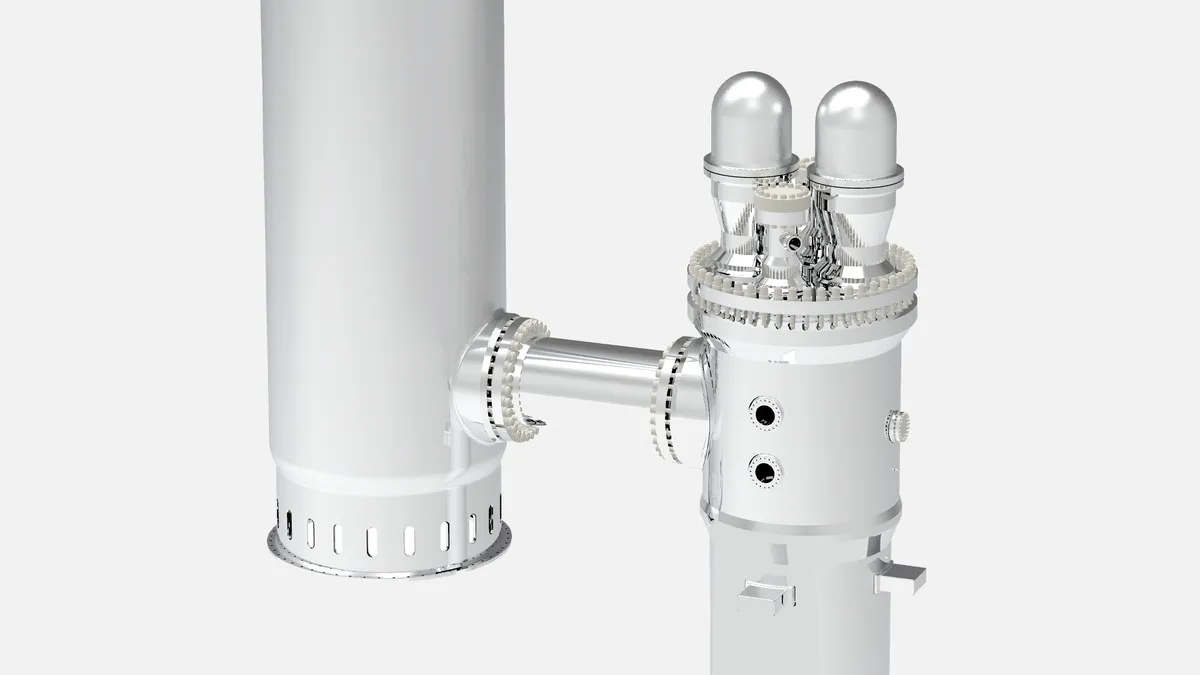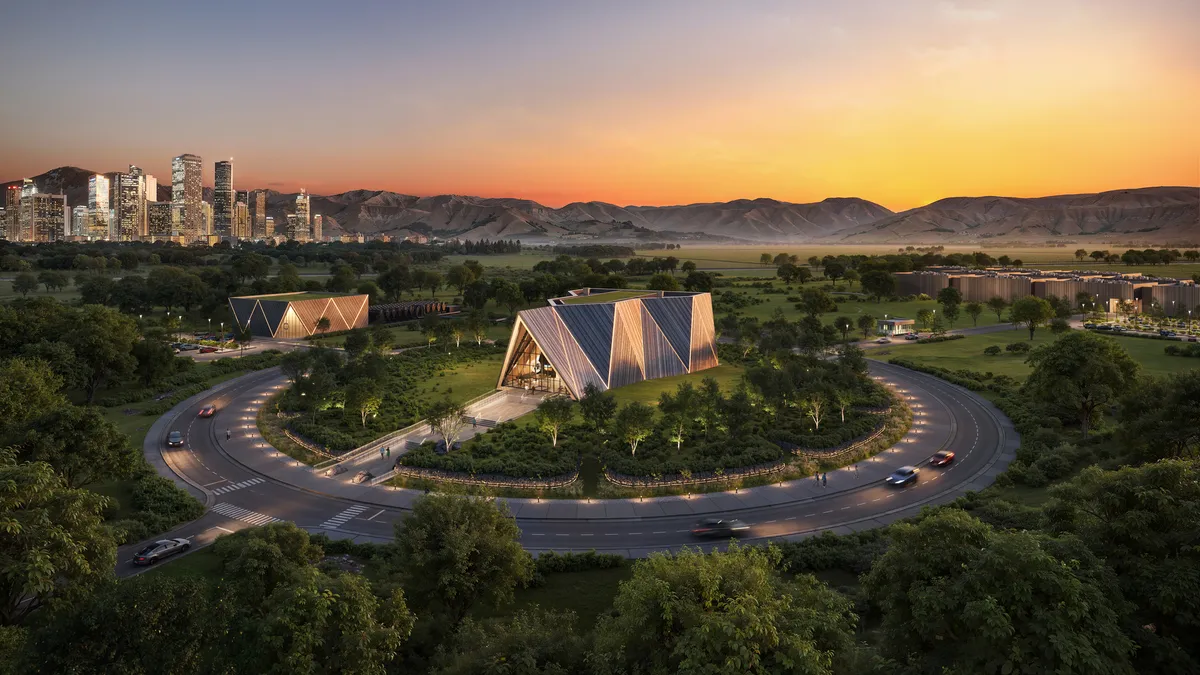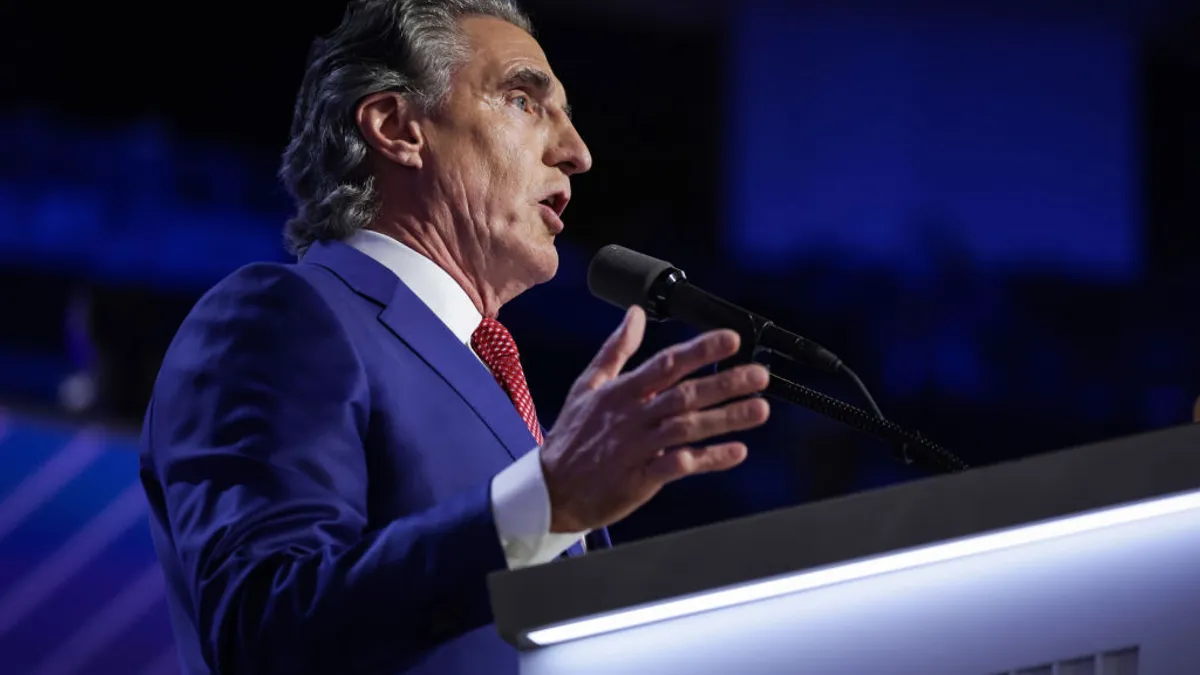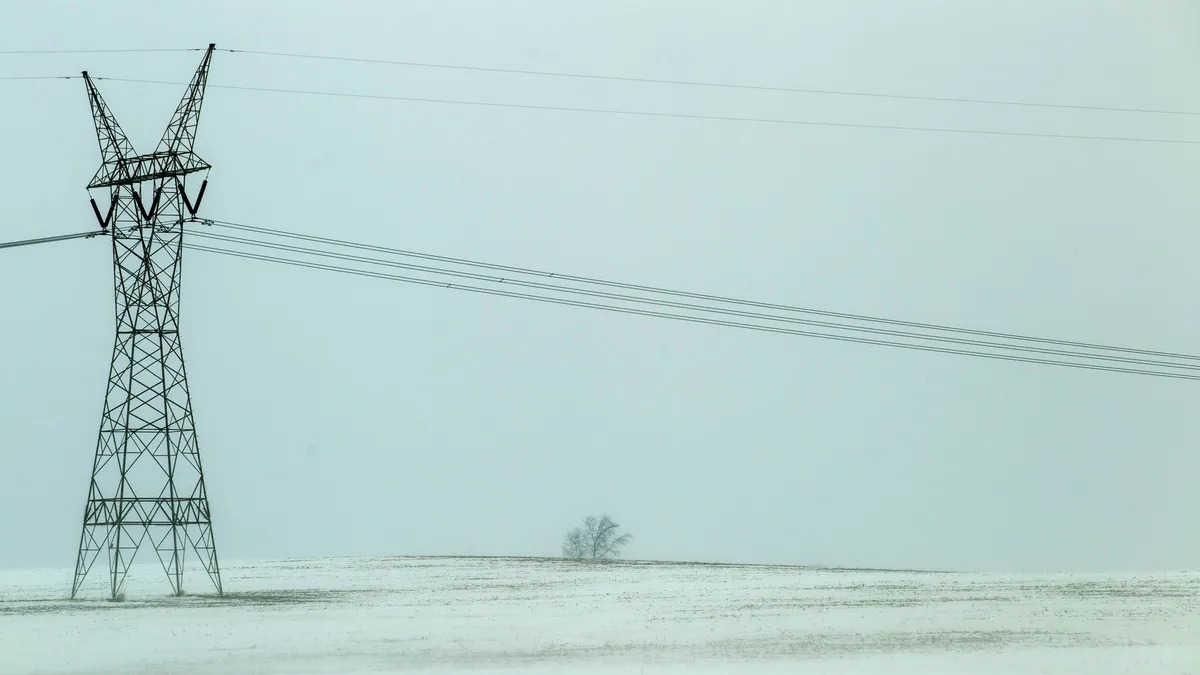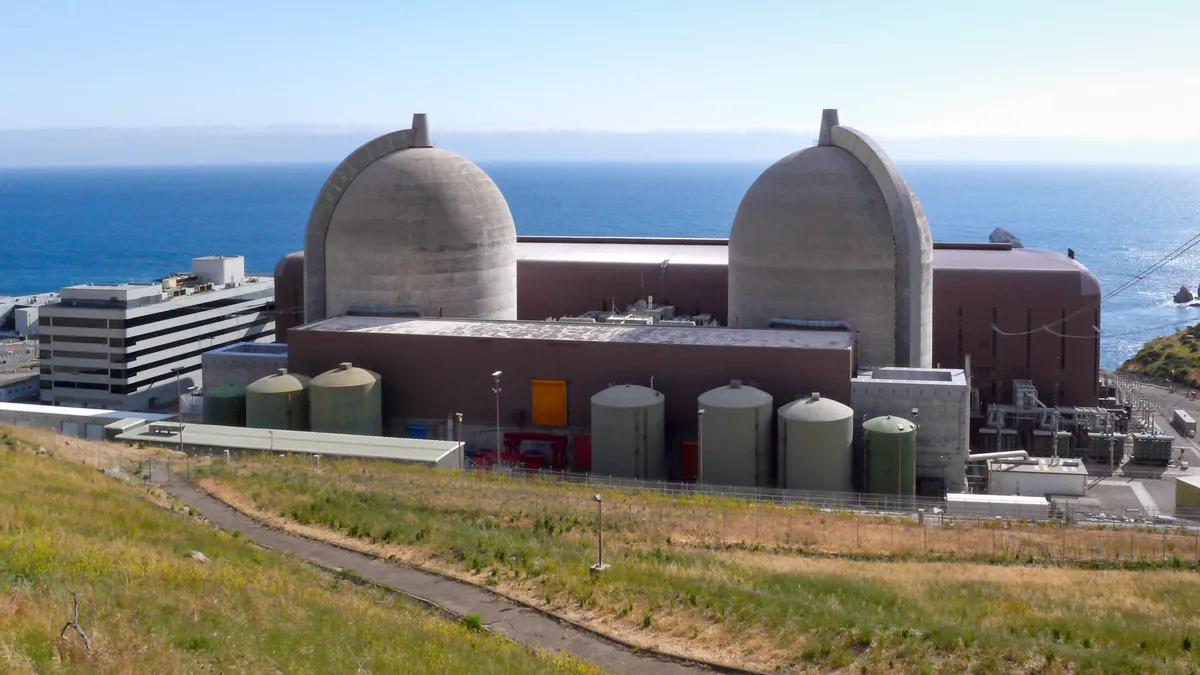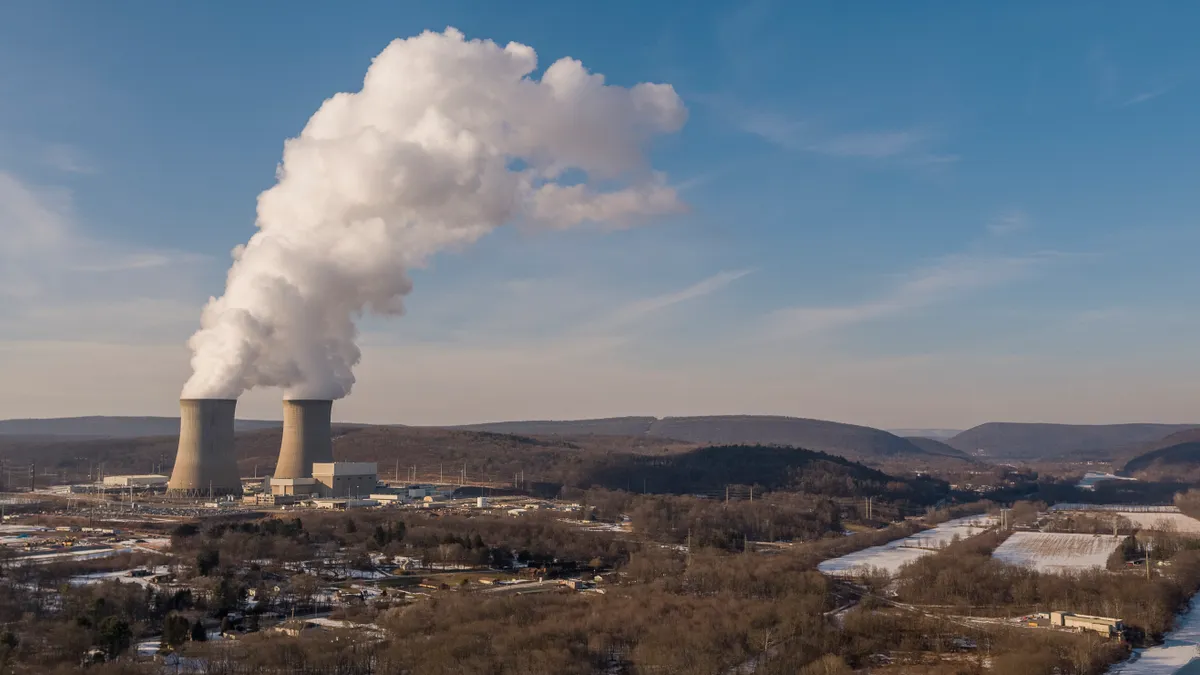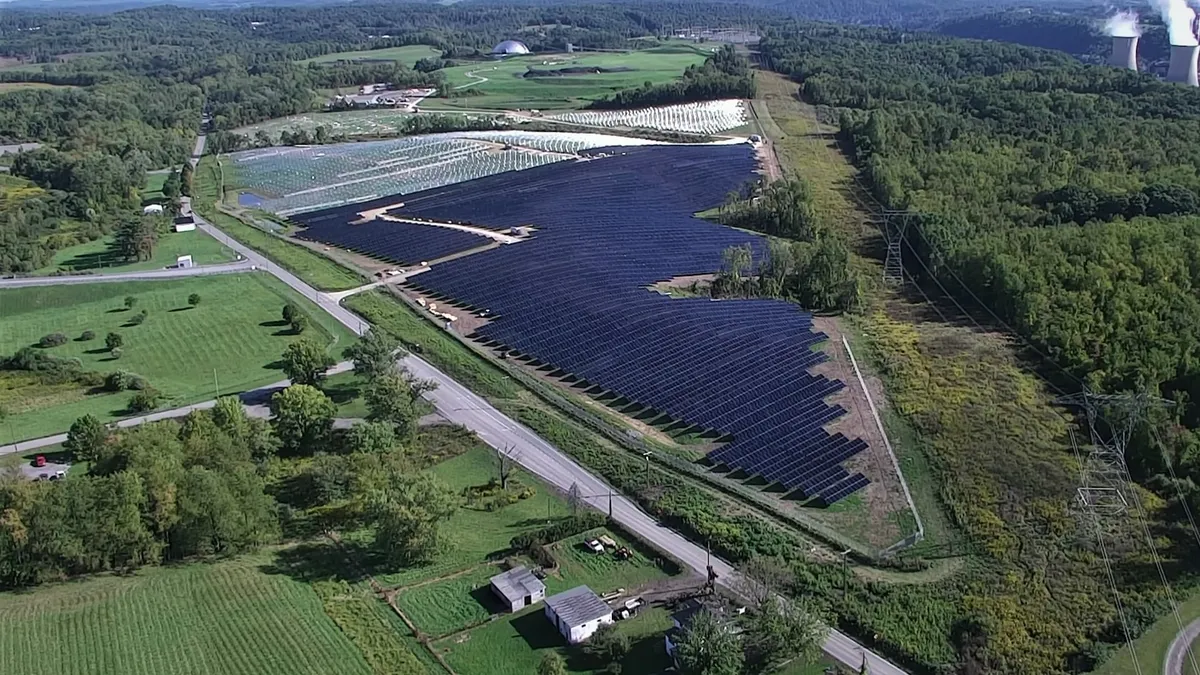If aliens landed on Earth just in time for the U.S. presidential election, they would be forgiven for thinking the two candidates were talking about different planets, if not different countries.
Donald Trump, the Republican nominee, prioritizes fossil fuel production, criticizes renewable energy and downplays the concept of climate change, while Democrat Hillary Clinton has set forth one of the most ambitious pro-clean energy and climate change mitigation programs ever proposed by a major party nominee.
This election season, many issues haven’t tracked the usual party politics, but in energy, the narrative is more familiar. Throughout the campaign, Trump’s energy proposals have followed traditional Republican priorities, such as gutting EPA regulations, while Clinton bills her energy proposals as an extension of her would-be predecessor, President Obama.
In 2016, no one is pretending the two major party candidates represent a cross-section of American public opinion, but here energy proves to be the exception as well. As a new Pew survey shows, the divide between the two parties on energy and climate change is more than the posturing of political elites — it represents a deep divide on those issues within the American electorate itself.
Though the proportion of Americans that view climate change as a problem is growing, the public appears to hold their opinions mostly due to political ideology and identity, rather than an understanding of climate science itself. And when asked who they trust to handle energy and climate issues, industry and elected leaders rank near the bottom.
Those findings should worry energy leaders, many of whom may hope for an evidence-based approach to building the energy system of the future. But amid the gloom, the Pew study also reveals a few opportunities for industry leaders to bridge the divide.
Climate change: a question of ideology
The top finding of the Pew study on climate change should come as no surprise: Liberal Democrats are much more likely to think climate change is an important issue and acknowledge human causation than conservative Republicans.
The divide between the parties has persisted over time, but in recent years, overall awareness of climate change has ticked upward. After the green fad of the mid-2000s, climate concern bottomed out around 2010, and has since grown modestly among both party affiliations.
Digging into the findings, some contradictions begin to arise. Most conservative Republicans, for instance, do not think climate change is an urgent issue. But nearly half of them think that Americans will have to change their way of life in the next 50 years as a result of climate change, and the percentage of moderate Republicans that believe that is higher than the percentage of liberal Democrats. What’s more? It appears some respondents held both the view that climate change would require lifestyle changes and the view that technology would solve most climate issues.
That finding would seem to suggest that the American public may not be perfectly informed when it comes to climate science — and it’s not the only one. Though about 97% of climate scientists around the world accept the consensus view that humans are causing the brunt of our global warming, most Americans think the scientific community is about as divided as they are.
There are a number of similar findings in the report, and past Pew surveys show that the political divide in climate change acceptance is nothing new. But what’s especially troubling in this report is that the public’s acceptance of mainstream climate science appears to be decoupled from their level of general scientific knowledge.
Ignorance is bliss?
In many policy areas, Pew analysts wrote, the public’s level of scientific knowledge can influence how they view issues, though findings can vary on different subjects.
To assess the level of scientific understanding in their climate and energy respondents, Pew administered a 9-item questionnaire.
Whether or not most of the American public passed their freshman biology class, Republicans and Democrats appeared to have similar levels of scientific knowledge. That may seem odd given that relatively few GOP respondents accept mainstream climate science, but the findings reveal a command of basic science does not correlate to a belief in climate change among Republicans. In fact, those with a high degree of basic scientific knowledge are less likely to accept the climate science consensus than those with a medium degree of scientific knowledge.
There are a number of explanations for this seemingly contradictory finding. Perhaps most simple is that climate change is an inherently complex subject, and a command of basic scientific knowledge may not be enough to understand the consequence of changes to global weather systems, harvests, refugee flows and the like.
A lack of understanding is a somewhat unsatisfying explanation, but it falls even shorter in explaining the apparent trust gap between Republicans and climate scientists. Among GOP respondents with moderate or high scientific knowledge, nearly half say they believe climate scientists are influenced by their political leanings.
Despite smear campaigns against climate scientists and institutions, there’s no hard evidence to suggest climate scientists are bending their findings to assert greater warming. In fact, the Exxon investigation and other inquiries into fossil fuel-funded research suggest influence may go in the other direction.
However, those concepts have not caught on among a broad segment of the American electorate, and today's media environment may hold some of the blame. In the survey, Republican respondents expressed a profound mistrust in how the media portrays climate change:
Assuming that respondents view “the media” as most mainstream outlets, the divide could help explain why Americans appear to live in different realities when it comes to climate change. In the age of the internet, no shortage of alternative outlets exist on either side of the political spectrum, meaning Americans can easily go through the day reading news that's filtered only through their ideological perspective.
The upshot is that in a very real sense, Americans do live in different worlds when it comes to energy and climate. While all political knowledge contains a dose of ideological acceptance, the increasing fragmentation in the media has degraded the societal concept of “common knowledge” on climate and energy issues like never before. What’s fact to a liberal may simply not be fact to a conservative, or vice-versa. While the media cannot hold all the blame, the Pew survey suggests it’s a variable that deserves more study — especially when it comes to climate issues.
Consensus on renewable energy?
Despite the deep persisting divide on climate change, there is one clear area of near-consensus in the Pew survey: renewable energy. While a majority of Americans surveyed oppose expanding fossil fuel production and nuclear power, the vast majority would like to see wind and solar energy grow. This consensus holds up along party lines, with even strong majorities of conservative Republicans on board.
Those findings build on increased interest among Americans in their own renewables. According to Pew, over 40% of homeowners have considered installing rooftop solar, with interest greatest in the western U.S. and among younger respondents.
In the face of so much acrimony over climate policy, the emerging consensus over renewable energy could provide the electric utility sector a path forward. As power companies and regulators look to the grid of the future, increasing investments in renewable energy are a popular choice among conservatives and liberals. These findings seem to track real-world events, such as the Green Tea Party movement in Georgia in Florida, where conservatives have pushed for third party ownership of solar.
But even if they have a path forward, utility leaders and policymakers still have a lot to prove in the public’s eyes. When asked who should make decisions about climate policy, Pew respondents ranked energy industry leaders near the bottom — and elected leaders dead last.
Curiously, Americans appear to trust climate scientists the most to make climate policy, though most of their recommendations are substantially more aggressive than anything being discussed in our presidential election. And they would rather see themselves make the policy decisions, rather than the leaders they elect to do so.
If one thing’s for sure from the Pew survey, the American energy narrative remains up for grabs. Through their customer engagement and political clout, power sector leaders will have a big hand in determining its direction in the years to come.


